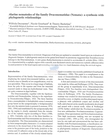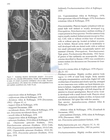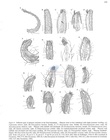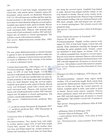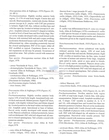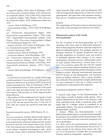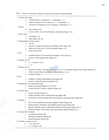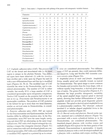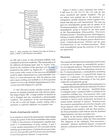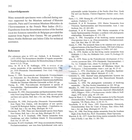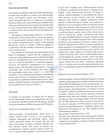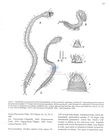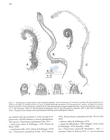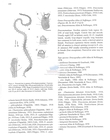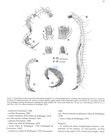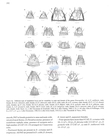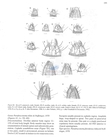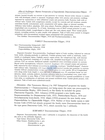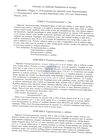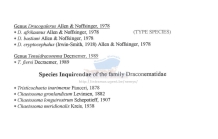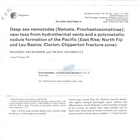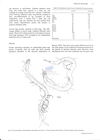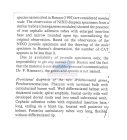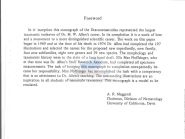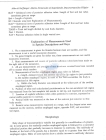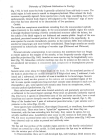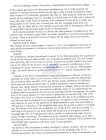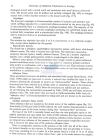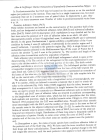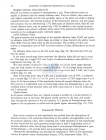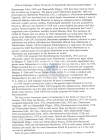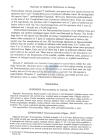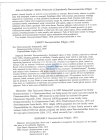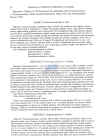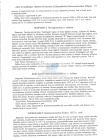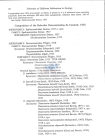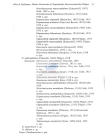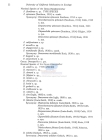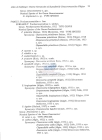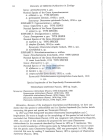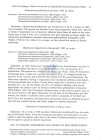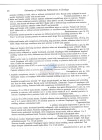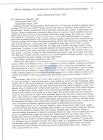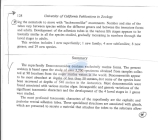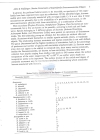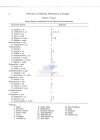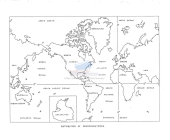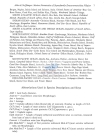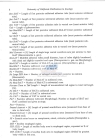
|
World Database of NematodesLinked to the Marine Biology Section, UGent |
| Start | Browse taxonomy |
Search taxonomy |
Search literature |
Search distributions |
Identification keys |
Media gallery | Editors | Statistics | Citations | Match taxa | Contact | Login |
WoRMS taxon detailsDraconematidae Filipjev, 1918
Draconematoidea Filipjev, 1918 · unaccepted
marine
Not documented
Nemys eds. (2024). Nemys: World Database of Nematodes. Draconematidae Filipjev, 1918. Accessed through: World Register of Marine Species at: https://www.marinespecies.org/aphia.php?p=taxdetails&id=2168 on 2024-07-26
Date action by 2004-12-21 15:54:05Z created db_admin 2006-05-15 14:18:20Z changed db_admin
taxonomy source
De Ley, P.; Blaxter, M. L. (2004). A new system for Nematoda: combining morphological characters with molecular trees, and translating clades into ranks and taxa. <em>Nematology Monographs & Perspectives - Proceedings of the Fourth International Congress of Nematology 8 - 13 June 2002, Tenerife, Spain.</em> 2: 633-653. [details] Available for editors
taxonomy source Schmidt-Rhaesa, A. (Ed.). (2014). Handbook of Zoology. Gastrotricha, Cycloneuralia and Gnathifera: 2. Nematoda. <em>Handbook of Zoology (2010) Walter De Gruyter: Berlin.</em> 759 pp., available online at http://www.degruyter.com/view/product/180464 [details] Available for editors basis of record Nemaslan: Biodiversity of Antarctic Nematodes (2004). (look up in IMIS) [details] additional source Various Authors (2000). Nematode filing cabinet of the Marine Biology Section Ugent - in combination with the NemasLan Ms-Access database (published on CD-Rom, 2000) (look up in IMIS) [details] additional source Danovaro, R.; Gambi, M. C.; Dell'Anno, A.; Corinaldesi, C.; Fraschetti, S.; Vanreusel, A.; Vincx, M.; Gooday, A. J. (2008). Exponential decline of deep-sea ecosystem functioning linked to benthic biodiversity loss. <em>Current Biology.</em> 18(1): 1-8 + supplemental data: S1-S6; 1-16. (look up in IMIS), available online at https://doi.org/10.1016/j.cub.2007.11.056 [details] Available for editors additional source Danovaro, R.; Gambi, C.; Lampadariou, N.; Tselepides, A. (2008). Deep-sea nematode biodiversity in the Mediterranean basin: testing for longitudinal, bathymetric and energetic gradients. <em>Ecography.</em> 31(2): 231-244., available online at https://doi.org/10.1111/j.0906-7590.2008.5484.x [details] Available for editors additional source Van Gaever, S.; Olu, K.; Derycke, S.; Vanreusel, A. (2009). Metazoan meiofaunal communities at cold seeps along the Norwegian margin: Influence of habitat heterogeneity and evidence for connection with shallow-water habitats. <em>Deep Sea Research Part I: Oceanographic Research Papers.</em> 56(5): 772-785., available online at https://doi.org/10.1016/j.dsr.2008.12.015 [details] Available for editors additional source Dinet, A., F. Grassle & V. Tunnicliffe. (1988). Premières observations sur la méiofaune des sites hydrothermaux de la dorsale Est-Pacifique (Guaymas, 21°N) et de l'Explorer Ridge. First observations on the meiofauna of the hydrothermal sites of the East-Pacific Ridge (Guaymas, 21°N) and the Explorer Ridge. <em>Oceanologica Acta.</em> 8: 7-14. [details] Available for editors additional source Flint, H. C.; Copley, J. T. P.; Ferrero, T. J.; Van Dover, C. L. (2006). Patterns of nematode diversity at hydrothermal vents on the East Pacific Rise. <em>Cah. Biol. Mar.</em> 47: 365-370. [details] Available for editors ecology source Raes, M.; Decraemer, W.; Vanreusel, A. (2008). Walking with worms: coral-associated epifaunal nematodes. <em>Journal of Biogeography.</em> 35(12): 2207-2222., available online at https://doi.org/10.1111/j.1365-2699.2008.01945.x [details] Available for editors  Present Present  Inaccurate Inaccurate  Introduced: alien Introduced: alien  Containing type locality Containing type locality
From editor or global species database
Image from synonym
Image from synonym
Image from synonym
Image from synonym
Image from synonym
Image from synonym
Image from synonym
Image from synonym
Image from synonym
Image from synonym
Image from synonym
Image from synonym
Image from synonym
Image from synonym
Image from synonym
Image from synonym
Image from synonym
Image from synonym
Image from synonym
Image from synonym
Image from synonym
Image from synonym
Image from synonym
Image from synonym
Image from synonym
Image from synonym
Image from synonym
Image from synonym
Image from synonym
Image from synonym
|
Web interface and database structure initially created by Tim Deprez; now hosted and maintained by VLIZ
Page generated 2024-07-27 · contact: Tânia Nara Bezerra or info@marinespecies.org


